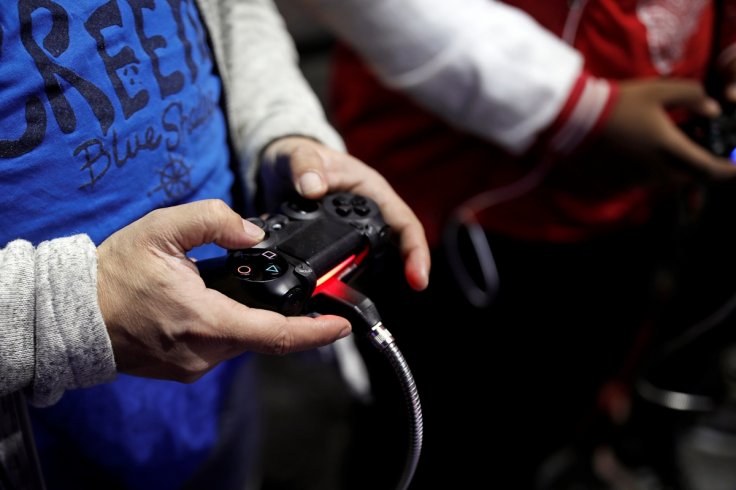
Video games can really become an extremely harmful addiction and the recent case of a 10-year old child from China testifies the same.
The Guangzhou native, who suffers from Leukemia has blown off 150,000 yuan (S$31,000), which was saved by his mother for his medical treatment, on online games.
His parents, both farmers, have paid through their nose around 500,000 yuan on his treatment at a Beijing hospital already after he was diagnosed with blood cancer last year May. The had borrowed money from relatives and appealed to charity groups for aid, according to the Beijing Evening News.
The shocking news was revealed when his mother, on January 23, was settling some hospital bill. She saw only 9,000 yuan was left from 30,000 yuan she saved. She immediately contacted the bank and details revealed that six times 8,000 yuan have been debited from her account. She filed a police complaint after this.
After an initial investigation, police revealed that the money was transferred to a Wechat created by her son under the name of "King of Glory". King Of Glory is the name of a very popular online game in China.
The child said that he had learned to transfer money from Wechat by looking at his mom doing the same, however, he didn't know that it involved real money. The 21,000 yuan was paid to several tech companies including Tencent.
He also used another lump sum amount of money to pay for online subscriptions. He said he had no idea about the usage of the "confirm" icon on his mobile.
Luckily the mother has been able to retrieve back some amount from several individuals and she shared the real story. Tencent also said that they will return to her the 50,000 yuan.
The mother, expressing immense gratitude, said that it was not the child's fault but she's as she failed to educate him about this.
A serious disorder
Recently WHO has warned of gaming disorder, which can make an individual a patient with mental illness.
Earlier, scientists have said that if someone plays 'Super Mario' video game, then it will help them to increase the brain function in adults. On the other hand, a study which was published in the Journal of Autism and Developmental Disorders claimed that video games might help autistic children to improve their posture and position. Now, world health monitoring body, WHO is claiming the exact opposite.
A member of the WHO's Department of Mental Health and Substance Abuse, Vladimir Poznyak said, "Health professionals need to recognize that gaming disorder may have serious health consequences."
"Most people who play video games don't have a disorder, just like most people who drink alcohol don't have a disorder either. However, in certain circumstances overuse can lead to adverse effects," he further added.









